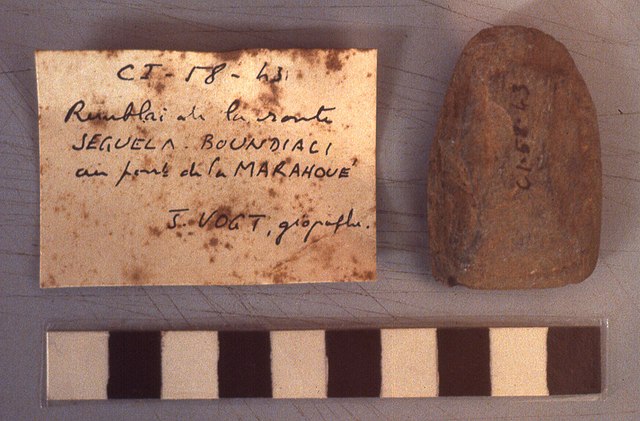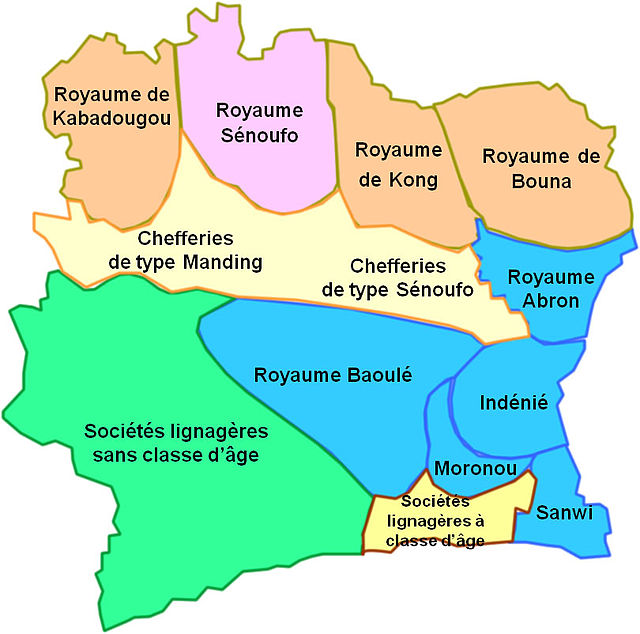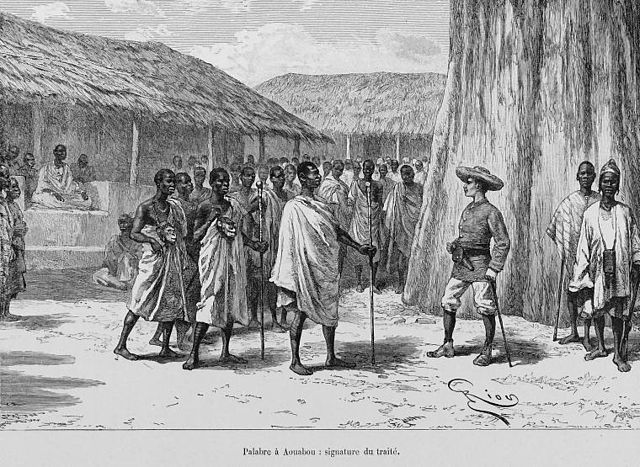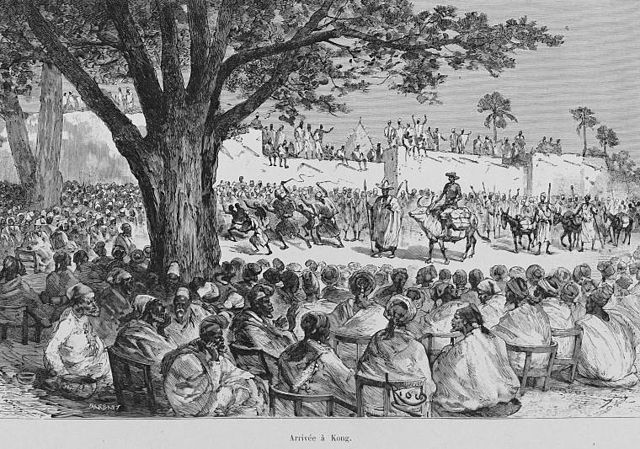National Assembly (Ivory Coast)
The National Assembly is lower house of the Parliament of Ivory Coast since November 2016. From 1960 to 2016, the National Assembly was Ivory Coast's unicameral legislative body. Evolved from semi-representative bodies of the French Colonial period, the first National Assembly was constituted on 27 November 1960 with 70 elected members (députés) in accordance with the Constitution of 31 October 1960, which created the First Republic.
National Assembly (Ivory Coast)
Ivory Coast, also known as Côte d'Ivoire and officially the Republic of Côte d'Ivoire, is a country on the southern coast of West Africa. Its capital city of Yamoussoukro is located in the centre of the country, while its largest city and economic centre is the port city of Abidjan. It borders Guinea to the northwest, Liberia to the west, Mali to the northwest, Burkina Faso to the northeast, Ghana to the east, and the Gulf of Guinea to the south. With 30.9 million inhabitants in 2023, Ivory Coast is the third-most populous country in West Africa. Its official language is French, and indigenous languages are also widely used, including Bété, Baoulé, Dioula, Dan, Anyin, and Cebaara Senufo. In total, there are around 78 different languages spoken in Ivory Coast. The country has a religiously diverse population, including numerous followers of Islam, Christianity, and traditional faiths like Animism.

Prehistoric polished stone celt from Boundiali in northern Ivory Coast, photo taken at the IFAN Museum of African Arts in Dakar, Senegal
Pre-European kingdoms
Louis-Gustave Binger of French West Africa in 1892 treaty signing with Famienkro leaders, in present-day N'zi-Comoé Region, Ivory Coast
Arrival in Kong of new French West Africa governor Louis-Gustave Binger in 1892.





